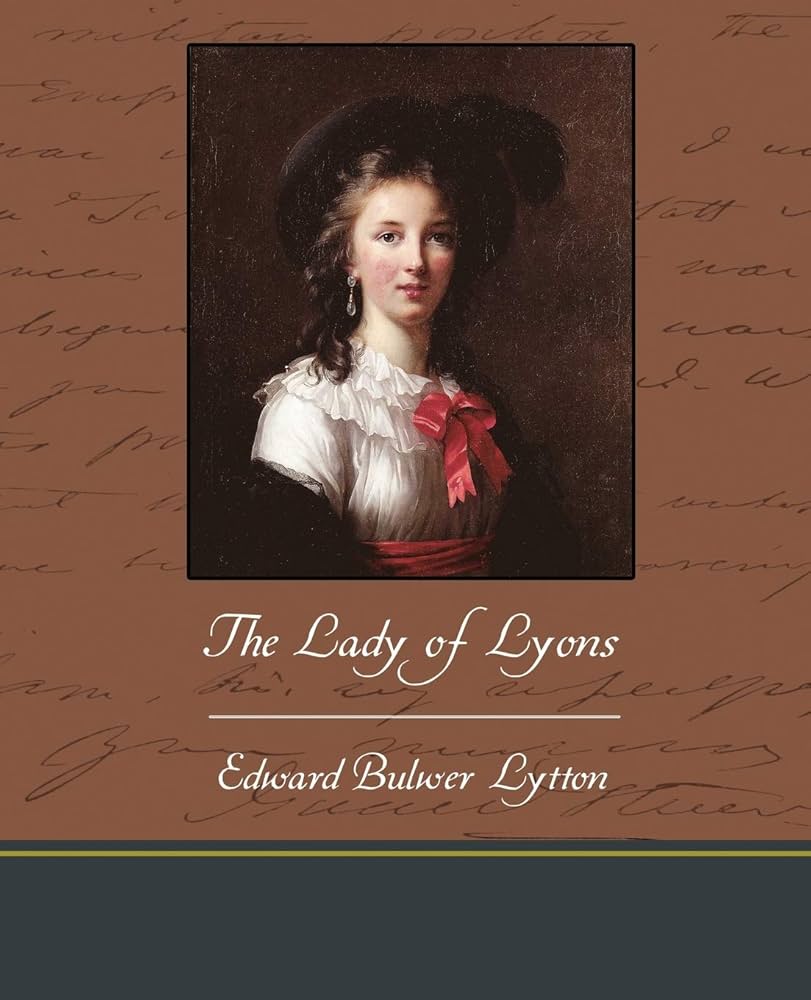Scene VII — The Lady of Lyons
byScene VII enters with a subtle but sharp portrayal of manipulation, where revenge is masked as opportunity. Beauseant and Glavis, fueled by bruised pride, begin to sketch a scheme that relies on Melnotte’s vulnerability. His affection for Pauline becomes their weapon, not just to humiliate him, but to drag her into scandal under the pretense of romance. Their conversation dances between calculation and cruelty, never veering from their shared belief that class and status should dictate love. Employing Beauseant’s valet to orchestrate the disguise of Melnotte as a prince, they laugh at the irony of using deception to create a moment of grandeur for a man they believe is beneath them. Their scheme isn’t just about amusement—it’s about control. When dinner interrupts their plotting, it reveals how casually they treat the damage they intend to cause, returning to their plan with all the detachment of a game being played from privilege.
Meanwhile, at Melnotte’s cottage, a different kind of passion is alive. The young man, surrounded by friends and a new rifle won through skill, is briefly celebrated not for wealth, but for merit. These small victories matter more than they seem, reflecting Melnotte’s desire to prove himself in a world that only respects titles. His mother watches with cautious pride, voicing concerns about his pursuit of Pauline, which seems to her more fantasy than possibility. Still, she acknowledges his gifts—his mastery of language, music, art, and combat—all of which reflect his internal hunger for self-worth. Melnotte, though poor, is rich in ambition. His admiration for Pauline transcends desire; he sees in her a reason to rise, to become something greater than his surroundings. His love for her becomes the engine of his personal evolution, even if it is misunderstood by everyone around him.
Yet reality strikes with brutal honesty when Gaspar returns, not with a token of hope, but with the sting of rejection. The letter Melnotte sent, filled with poetry and yearning, is returned, unopened and unwelcome. Even worse, Gaspar himself is treated with derision—an insult not just to the messenger, but to the message. Pauline’s family sees the gesture not as romantic, but as audacious, a gardener’s son reaching too far. Melnotte’s heart, so full of admiration, is now hollowed by humiliation. That moment, when love meets disdain, shifts something deep within him. It’s not just rejection—it’s a confrontation with the social reality he had tried to overlook. The pain is real, and the wound bleeds with both shame and disillusionment.
Still, just when despair could settle into defeat, a twist appears. A letter—unanticipated and curious—arrives, signaling the possibility of something more. Its contents are not yet revealed, but its timing carries meaning. In the ashes of rejection, a spark has appeared, and Melnotte, though shaken, is not yet broken. His response to this fresh note is not passive. He is alert, emotionally raw, and now poised on the edge of transformation. It’s no longer only about love or pride—it’s about identity. He must now decide whether to shrink beneath scorn or reshape himself with fire. That tension—between humiliation and rebirth—drives the final beats of this scene.
This chapter lays the foundation for a deeper commentary on class and self-perception. Melnotte’s humiliation is not just personal—it symbolizes the cruelty of rigid social hierarchies that mock merit and reward pedigree. His grief becomes a quiet rebellion. Beauseant and Glavis operate from a place of mockery, believing that titles entitle them to influence outcomes, but Melnotte’s reaction hints at the resilience of those forced to navigate a world built to exclude them. Pauline’s indifference, while painful, reveals a blind spot that may later demand reflection. Her family’s scorn shows how easily society confuses love with propriety. In these dynamics, the play exposes a truth that still resonates: character and sincerity are often overshadowed by status and wealth.
The closing tension of this chapter is not just about a scheme beginning to take root, but about a soul at a turning point. Melnotte, once idealistic and romantic, now stands bruised but not bowed. Whether his next steps are noble or fueled by bitterness remains to be seen, but the emotional groundwork is undeniable. A transformation is coming—not only in Melnotte’s circumstances, but in his understanding of love, pride, and what it means to be worthy. In a world that has mocked his dreams, he must now decide whether to abandon them or prove their worth. What began as a love story is now evolving into a reckoning, one shaped not just by romance, but by resilience.

